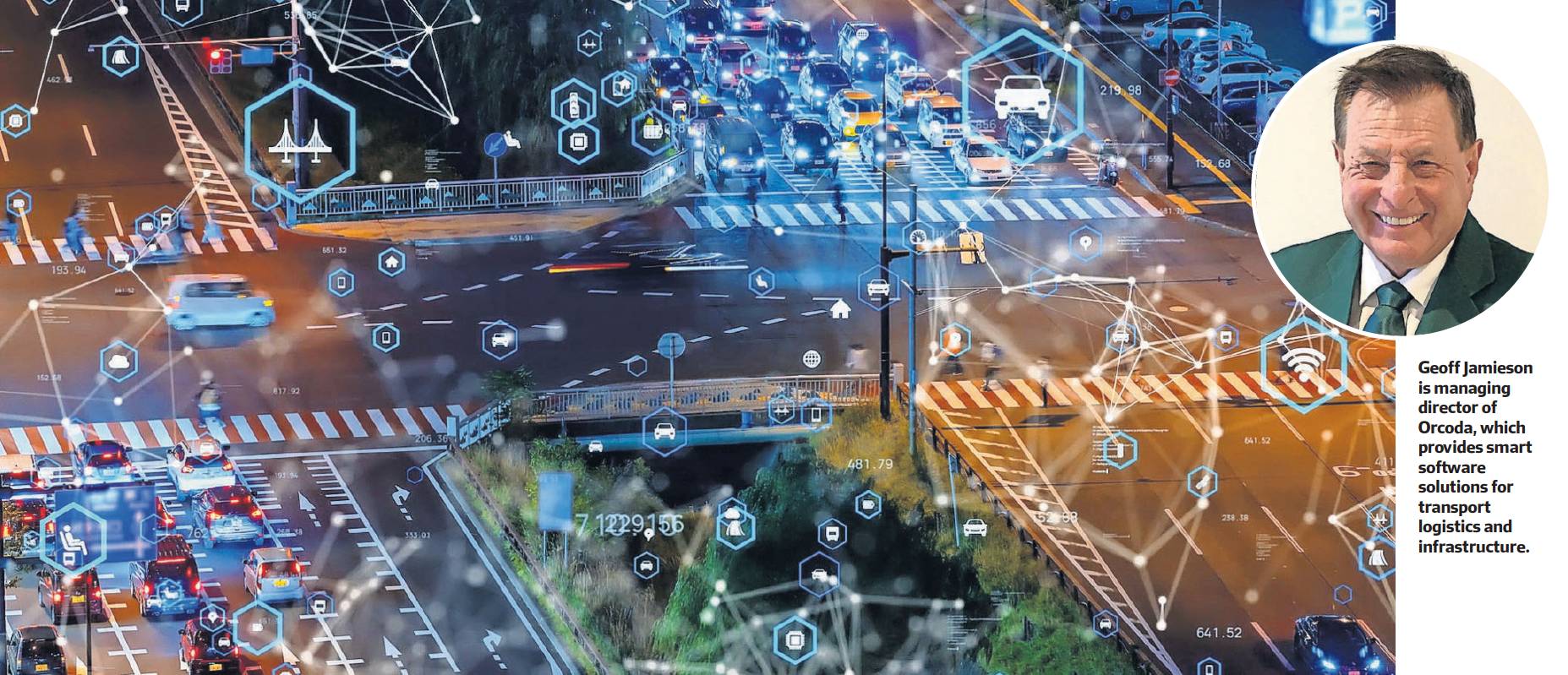Helping drive the smart city revolution
Smart cities have been on the agenda for decades and while there are some success stories to point to globally, the reality is technology, resourcing and inexperience have put up roadblocks along the way and progress has been stunted. Now, with ever-increasing efforts underway to reduce carbon emissions and address the impacts of climate change, a renewed focus on smart cities has emerged.
Put simply, a smart city relies on technology to roll out sustainable development practices to address growing urbanisation challenges. The technology is already here, but being able to transform infrastructure to enable its use has proved more challenging.
The United Nations predicts that almost 70 per cent of the world’s population will be living in cities and urban areas by 2050, which will drive up carbon emissions. This means the need for a range of sustainability solutions, from internet of things (IoT) environmental sensors measuring heat microclimates to smarter urban transport networks, is more critical than ever.
Smart cities are reliant on three factors, says Geoff Jamieson, managing director of Orcoda, an integrated technology company that provides smart software solutions for transport logistics (Transport Division) and transport infrastructure (Betta Group).
“For a city to be considered smart, it must have three core components: electrification, connectivity and data analytics,” he says.
Specifically, electrification plays a key role in decarbonising energy consumption for various sectors, including transportation – and there are several essential infrastructures necessary, including smart grids and transportation networks.
“Smart cities need connected electrified transportation networks, with intelligent transport management platforms and smart infrastructure devices,” Jamieson says.
“Smart electrification can help cities save money, reduce emissions and improve the quality of life for residents. For example, electrified transportation networks can reduce traffic congestion and pollution, while also providing cleaner, quieter and more efficient transportation options.”
Orcoda contributes to smart cities of the future through its service-oriented architecture (SOA), which has the ability to connect multiple databases via API onto one platform to enable controlled decision making, says Jamieson.
By delivering optimisation algorithms that can analyse approximately 3000 constraints that affect multiple supply chains, the company has recently seen a huge growth in demand.
Jamieson says the Betta Group electrifies and installs smart infrastructure to road, rail and air, such as laying fibre optics along transport corridors, installing smart lighting and electrifying smart devices.
“The installation and electrification of smart devices for transport corridors through Betta Group makes Orcoda very unique in the marketplace, and has led to a 59 per cent increase in customer receipts for the first quarter of FY23,” he says.
The technology works by ensuring the booking of people, parcels or goods match the vehicles to transport them on the most efficient schedule or route, while taking account of the plethora of constraints that constrict supply chains.
“Our main demand is coming from the electrification of our smart technology associated with new fibre optic networks and smart devices, while our traditional income streams from our SaaS optimisation platforms, which are continuing to grow month on month,” says Jamieson.
With data analytics as a key component of a smart city, organising connected data so it can be continually analysed via artificial intelligence allows Orcoda to continually improve efficiency decisions. “We offer significant advantages to clients, such as enhanced vehicle and workforce utilisation, administrative efficiencies, improved economics, risk reduction and better customer service,” says Jamieson.
“For example, the Mt Buller ski resort in Victoria uses Orcoda technology to make and allocate bookings, collect payments, provide live data, produce reports and track vehicle movements in real time,” he explains.
“It has increased visibility, safety and compliance and allowed the resort to manage up to 40 transport vehicles and drivers utilising Orcoda app on in-vehicle device.”
In Australia, PwC reports that momentum is gathering, with local and state governments piloting and driving the adoption of innovative technology needed to build smart cities. At last count there were 45 major precinct developments underway across the country, from Fishermans Bend in Victoria to the Nambeelup Industrial Area in Western Australia.
Globally, the pace has been faster, with Seoul coming in as the world’s first smart city in 2014. Singapore, Zurich and Helsinki have also made great progress with smart initiatives to make the cities more sustainable and energy efficient, as well as minimising carbon emissions.
“The transport digital transformation revolution is currently underway and Orcoda is a leader in the field of electrification, connectivity, optimisation and organising connected data,” says Jamieson.
